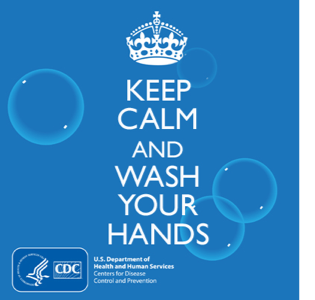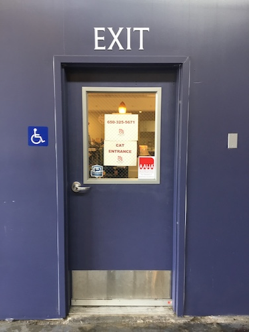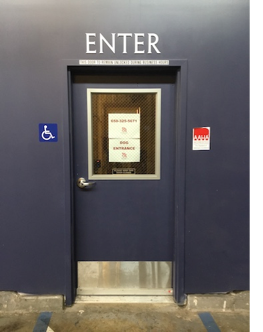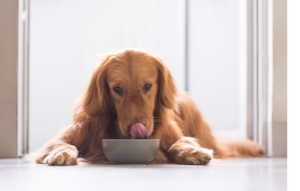 Thank you for all of the well wishes for our doctor's speedy recovery. The deluge into our inbox of all the warm wishes has been heartening.
Thank you for all of the well wishes for our doctor's speedy recovery. The deluge into our inbox of all the warm wishes has been heartening.
A quick update from here. By close of business yesterday, we completed all of the calls to anyone who had potentially been in contact with her (defined as "within 6 feet" of proximity) even before she had any symptoms. Since she had only been in the animal hospital once, more than a week ago, there weren't many to notify. Her last day in started the 14-day count, which concludes on March 29th, and then we will re-open with appropriate social distancing.
The only other people being called are those who need to be rescheduled. We are also closing at 5pm during this week. The disinfection procedures that we initially heightened many weeks ago are being continued, as are additional deep cleaning procedures. As medical professionals, we default to over-sanitizing and that's just fine.
In speaking to our doctor today, she continues to improve and greatly appreciates all of the thoughts and prayers. She asked us to thank you, ergo this update. Thank you. We also appreciate the flexibility in rescheduling the appointments for this week by those who were affected by our semi-closure. We also appreciate those who have held off on non-urgent calls -- a couple more days ought to do it. Most everybody has been gracious, which is very much appreciated.
We are blessed with such a tremendously supportive, smart and loving community. Our thoughts and prayers go out to those far more impacted in our community. We know these are trying times. We know people are stressed out. It's the graciousness in the face of all that stress we appreciate, and remember.
We have the best clients in the world. They have proven it once again. Thank you so much for all the well wishes and support.





 A quick progress update about the research surrounding the FDA's concern over what's causing dilated cardiomyopathy (DCM) in dogs eating certain types of pet food. In case you missed it, this is an issue we
A quick progress update about the research surrounding the FDA's concern over what's causing dilated cardiomyopathy (DCM) in dogs eating certain types of pet food. In case you missed it, this is an issue we  Welcome Alexandra, daughter of our talented veterinarian, Dr. Forgette. A little ray of sunshine herself, Miss Alex arrived at sunrise after keeping her mom up all night (despite an epidural which proved slightly less than 100% effective). Technically, she'd already kept mom up for the second night in a row.
Welcome Alexandra, daughter of our talented veterinarian, Dr. Forgette. A little ray of sunshine herself, Miss Alex arrived at sunrise after keeping her mom up all night (despite an epidural which proved slightly less than 100% effective). Technically, she'd already kept mom up for the second night in a row.  Alex arrived when mom was already out on scheduled leave. "I really appreciate that everyone's been covering for me, so I can be with her for a few months," explained Dr. Forgette. "It's nice being able to focus on having time with her. She's fantastic. She's either asleep, eating or just happy. She sleeps 5 hours at a time. We've been very lucky in that regard."
Alex arrived when mom was already out on scheduled leave. "I really appreciate that everyone's been covering for me, so I can be with her for a few months," explained Dr. Forgette. "It's nice being able to focus on having time with her. She's fantastic. She's either asleep, eating or just happy. She sleeps 5 hours at a time. We've been very lucky in that regard." 


 As 2019 winds down, we are taking a moment to gather our family of doctors and staff to celebrate a successful year settling into our new facility. As such, we will be closed this Saturday, December 21st, all day for our annual Staff Holiday Party.
As 2019 winds down, we are taking a moment to gather our family of doctors and staff to celebrate a successful year settling into our new facility. As such, we will be closed this Saturday, December 21st, all day for our annual Staff Holiday Party.